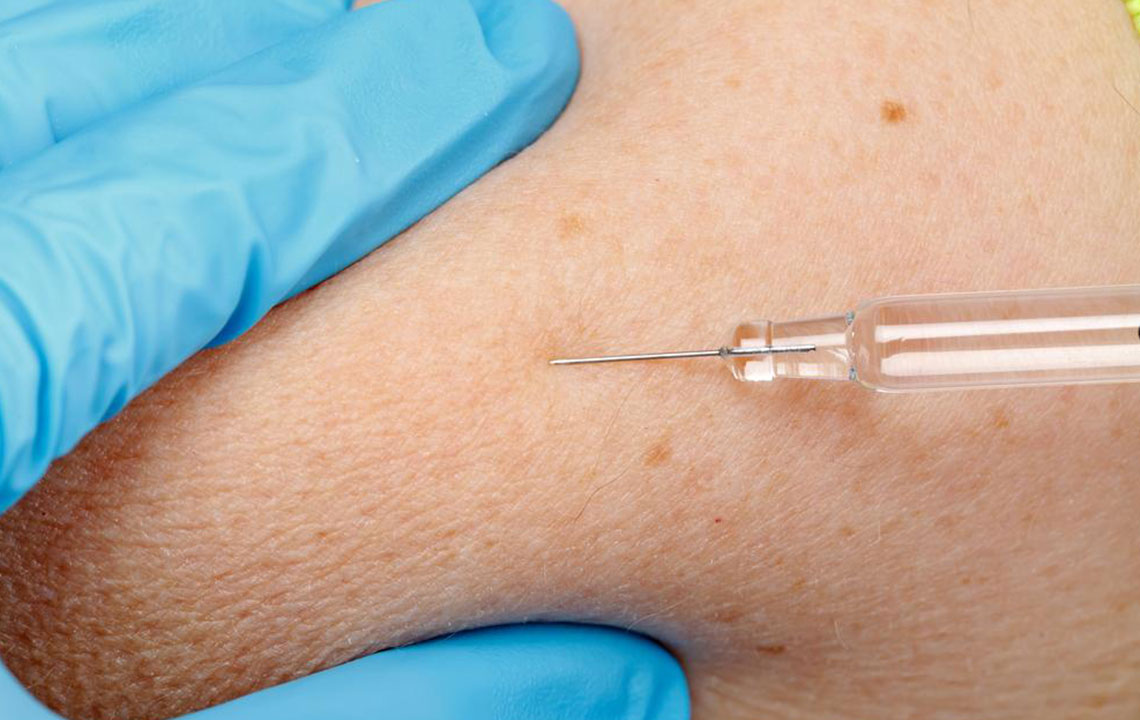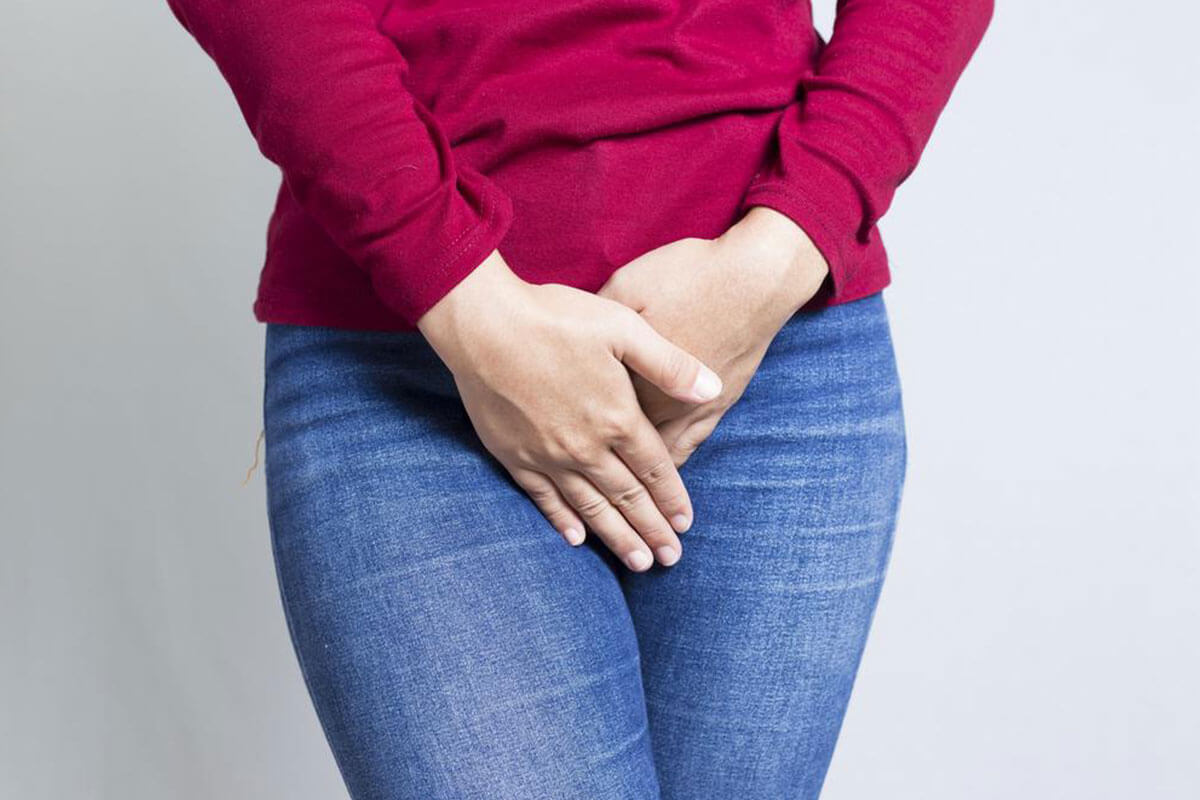Understanding Low Testosterone and Its Impact on Men’s Health
Discover the vital role of testosterone in men's health and understand the causes, symptoms, and available treatments for low testosterone levels. Learn how lifestyle changes, hormone therapy, and natural remedies can help manage hormonal balance, improve vitality, and reduce associated health risks. Consult a healthcare professional for personalized guidance to maintain optimal testosterone levels and overall well-being.
Sponsored

Testosterone often gets attention as the hormone linked to a vigorous lifestyle, but it plays vital roles in men’s health beyond that. It regulates key functions such as libido, bone density, fat distribution, muscle mass, and red blood cell production. Though present in smaller amounts in women, testosterone is equally important. Low testosterone levels can result in infertility, increased abdominal fat, decreased sexual desire, erectile issues, fatigue, cognitive decline, weak bones, and reduced muscle mass. It also correlates with increased risks of cardiovascular and metabolic diseases.
Various factors contribute to decreased testosterone levels, including:
Testicular injury
Testicular cancer or treatments
Infections
Hormonal disorders
HIV/AIDS
Obesity
Diabetes
Liver or kidney conditions
Low testosterone can result from aging or conditions like hypogonadism, where the testes or pituitary gland malfunction. Diagnosis involves blood tests and physical exams, with further testing to identify underlying causes.
Treatments for low testosterone include:
Hormone Replacement Therapy (HRT): A common approach that restores testosterone levels and alleviates symptoms such as low energy and libido. It requires ongoing monitoring and is not without risks, especially for those with existing health issues.
Lifestyle modifications: Maintaining a healthy weight, nutritious diet, regular exercise, quality sleep, and vitamin supplements can support testosterone production.
Natural remedies: Herbs and supplements like Ginseng, Ashwagandha, Zinc, DHEA, pine bark extract, garlic, and Indian spinach are popular, but their effectiveness varies and should be used under medical guidance.
Different delivery methods for HRT include injections, skin patches, gels, and pellets, tailored to individual needs. However, hormone therapy is not recommended for cancer, heart, liver, or kidney conditions. Consulting with a healthcare professional is essential before starting any treatment to ensure safety and appropriateness.






